Best books ... chosen by Daniel H. Pink
Daniel H. Pink, author of the best-sellers A Whole New Mind and Free Agent Nation, names his six favorite books about work. Pink’s new book is Drive: The Surprisi
A free daily email with the biggest news stories of the day – and the best features from TheWeek.com
You are now subscribed
Your newsletter sign-up was successful
Working by Studs Terkel (New Press, $17). My mother brought this book home from the library when I was 10, and I snatched it to read Terkel’s interview with a baseball player. To my surprise, I ended up staying for the bus drivers, strip miners, and schoolteachers. Hearing real grown-ups talk about what they did for a living was, for me, far more exciting than phantom tollbooths or Mrs. Frankweiler’s mixed-up files.
Flow by Mihaly Csikszentmihalyi (Harper, $15). Flow is the mental state when the challenge before us is so exquisitely matched to our abilities that we lose our sense of time and forget ourselves in a function. Csikszentmihalyi’s contemporary classic reveals that we’re more likely to find flow at work than in leisure.
Then We Came to the End by Joshua Ferris (Back Bay, $14). This darkly hilarious novel is a cautionary tale for white-collar workers. At a downward-spiraling ad agency, employees spend more time scarfing free doughnuts than doing work—all while fretting about “walking Spanish down the hall,” company lingo for being fired.
The Week
Escape your echo chamber. Get the facts behind the news, plus analysis from multiple perspectives.

Sign up for The Week's Free Newsletters
From our morning news briefing to a weekly Good News Newsletter, get the best of The Week delivered directly to your inbox.
From our morning news briefing to a weekly Good News Newsletter, get the best of The Week delivered directly to your inbox.
The Organization Man by William H. Whyte (Univ. of Pennsylvania, $26). This remarkable 1956 book about the deadening effect of large companies reshaped the national conversation and recast its very vocabulary. Whyte, a Fortune editor, established the gold standard for writing about work.
The Travels of a T-Shirt in the Global Economy by Pietra Rivoli (Wiley, $19). That simple T-shirt you’re wearing isn’t so simple after all. A Texas farmer grew the cotton, a Chinese worker spun the thread and cut the fabric, a Florida merchant placed it in his store, and a Tanzanian entrepreneur will resell it after you’ve donated it to the Salvation Army. Economist Rivoli visits the players in this international supply chain and weaves a gripping narrative.
Animal Farm by George Orwell (Plume, $14). A thrilling takeover. Corrupt, disengaged management. Beleaguered, underappreciated workers. You might think Orwell’s fable is an allegory of totalitarianism, but it’s also a mini-MBA in organizational behavior.
A free daily email with the biggest news stories of the day – and the best features from TheWeek.com
-
 The ‘ravenous’ demand for Cornish minerals
The ‘ravenous’ demand for Cornish mineralsUnder the Radar Growing need for critical minerals to power tech has intensified ‘appetite’ for lithium, which could be a ‘huge boon’ for local economy
-
 Why are election experts taking Trump’s midterm threats seriously?
Why are election experts taking Trump’s midterm threats seriously?IN THE SPOTLIGHT As the president muses about polling place deployments and a centralized electoral system aimed at one-party control, lawmakers are taking this administration at its word
-
 ‘Restaurateurs have become millionaires’
‘Restaurateurs have become millionaires’Instant Opinion Opinion, comment and editorials of the day
-
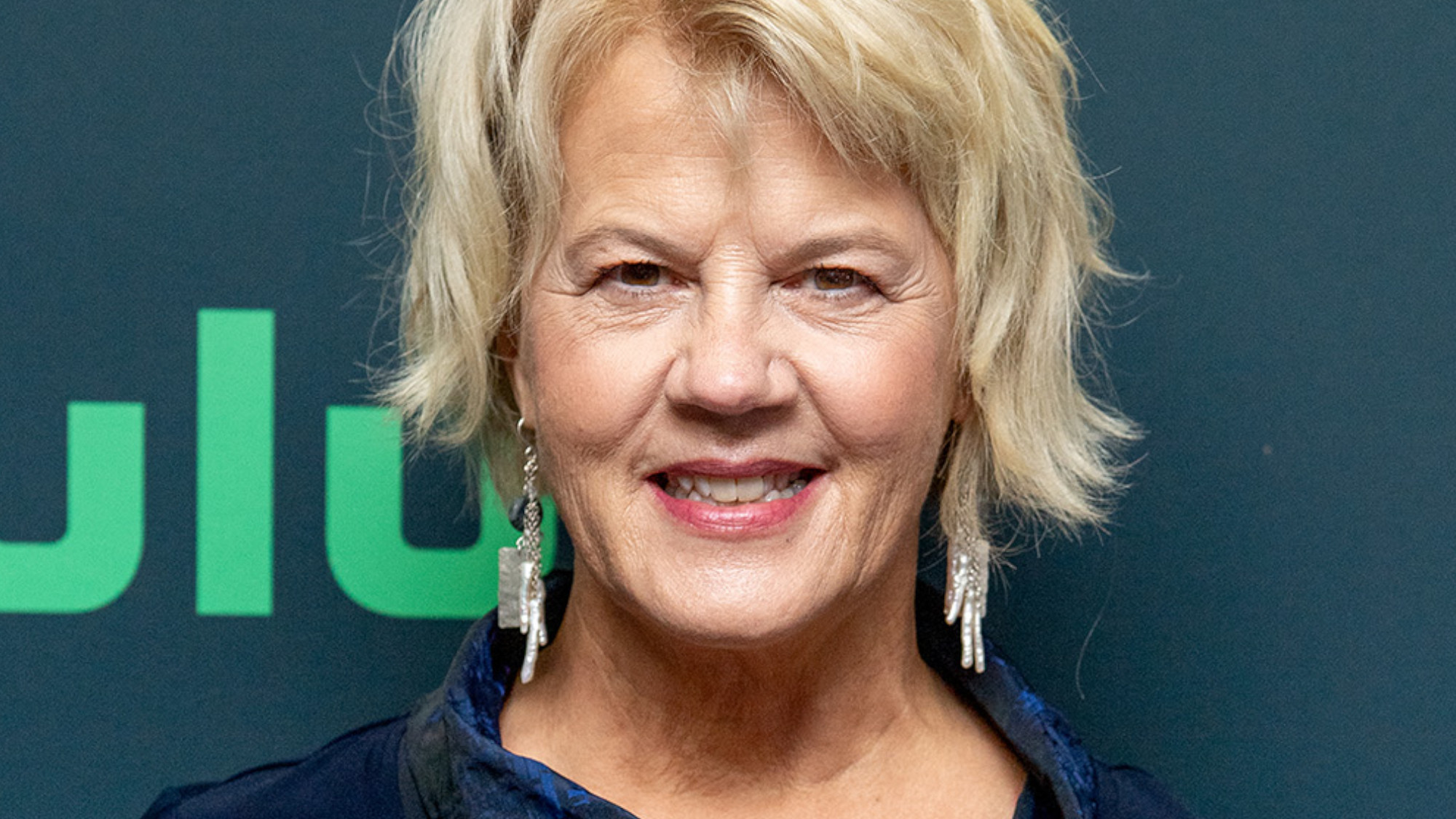 Beth Macy’s 6 favorite books about living in a divided nation
Beth Macy’s 6 favorite books about living in a divided nationFeature The journalist recommends works by Nicholas Buccola, Matthew Desmond, and more
-
 Gilbert King’s 6 favorite books about the search for justice
Gilbert King’s 6 favorite books about the search for justiceFeature The journalist recommends works by Bryan Stevenson, David Grann, and more
-
 Nathan Harris’ 6 favorite books that turn adventures into revelations
Nathan Harris’ 6 favorite books that turn adventures into revelationsFeature The author recommends works by Kazuo Ishiguro, Ian McGuire, and more
-
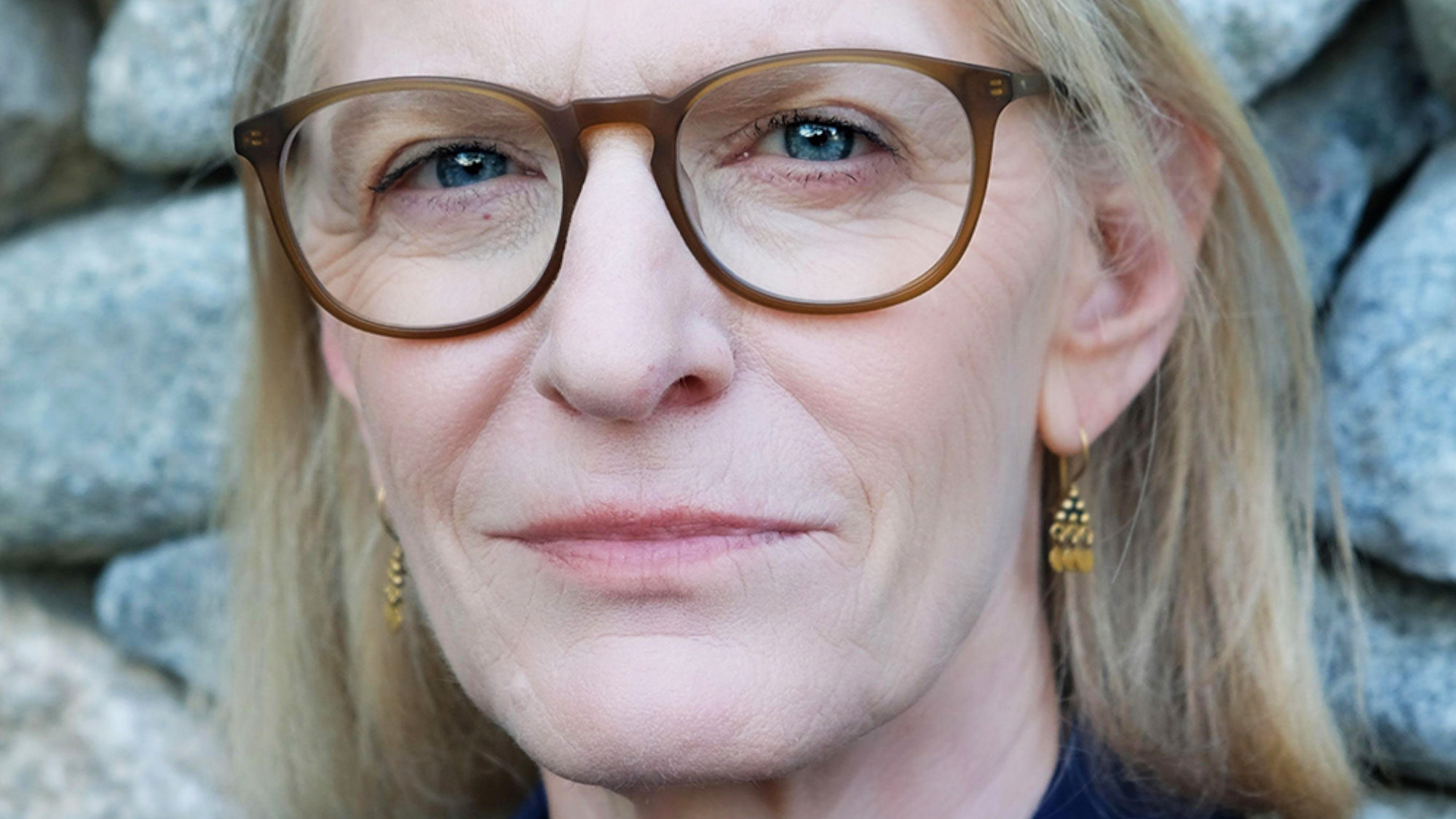 Marisa Silver’s 6 favorite books that capture a lifetime
Marisa Silver’s 6 favorite books that capture a lifetimeFeature The author recommends works by John Williams, Ian McEwan, and more
-
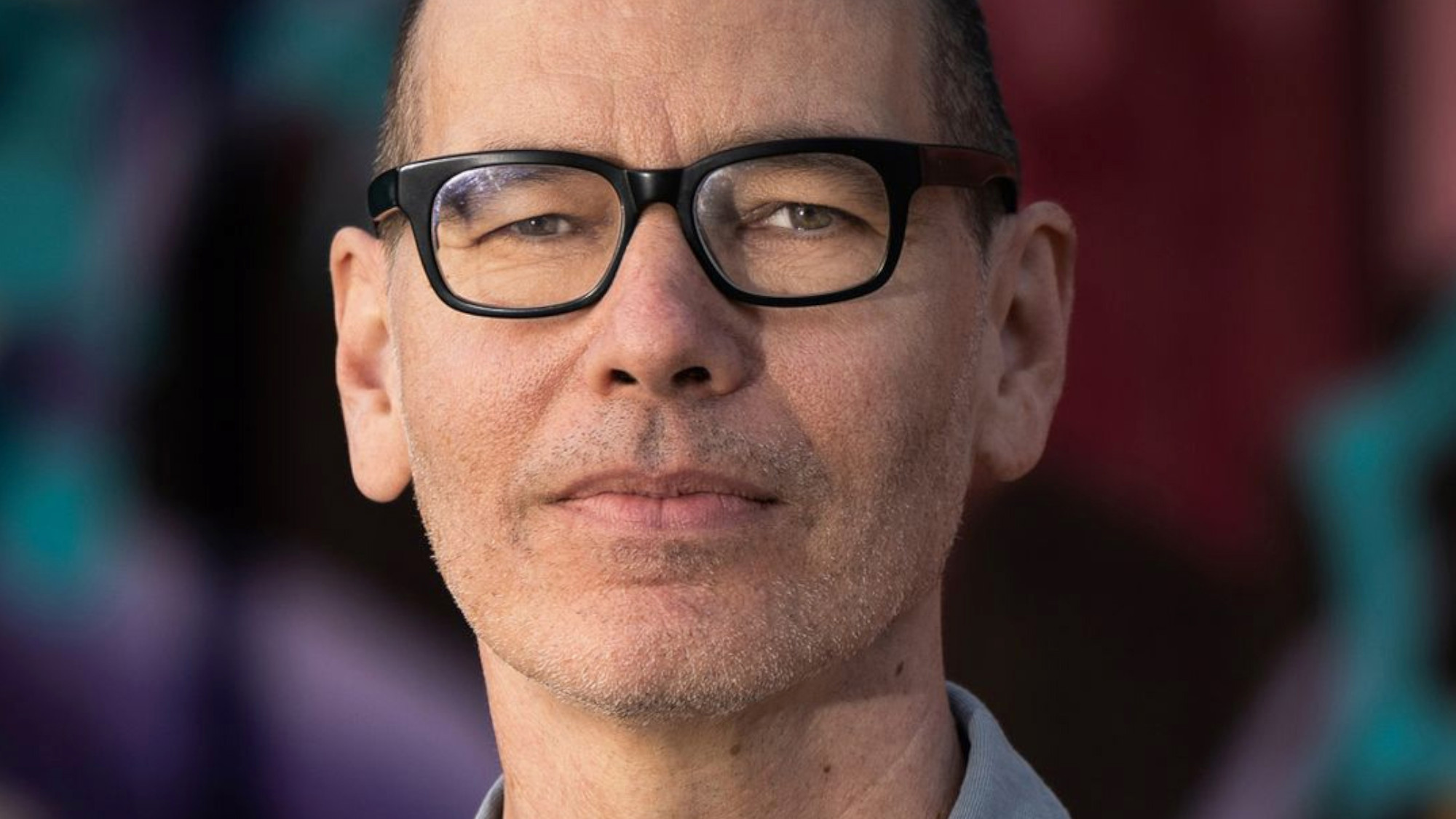 Lou Berney’s 6 favorite books with powerful storytelling
Lou Berney’s 6 favorite books with powerful storytellingFeature The award-winning author recommends works by Dorothy B. Hughes, James McBride, and more
-
 Elizabeth Gilbert’s favorite books about women overcoming difficulties
Elizabeth Gilbert’s favorite books about women overcoming difficultiesFeature The author recommends works by Tove Jansson, Lauren Groff, and more
-
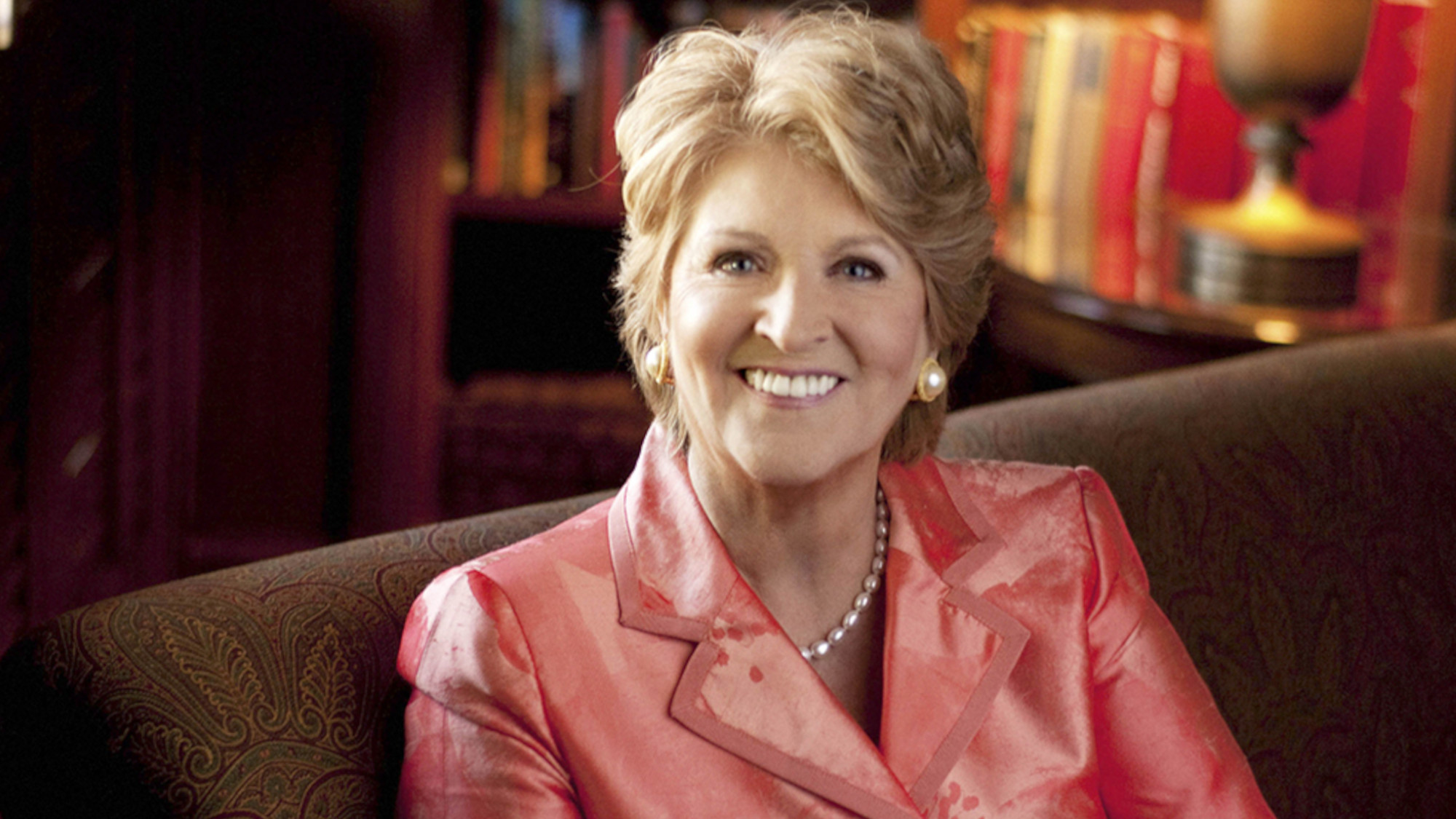 Fannie Flagg’s 6 favorite books that sparked her imagination
Fannie Flagg’s 6 favorite books that sparked her imaginationFeature The author recommends works by Johanna Spyri, John Steinbeck, and more
-
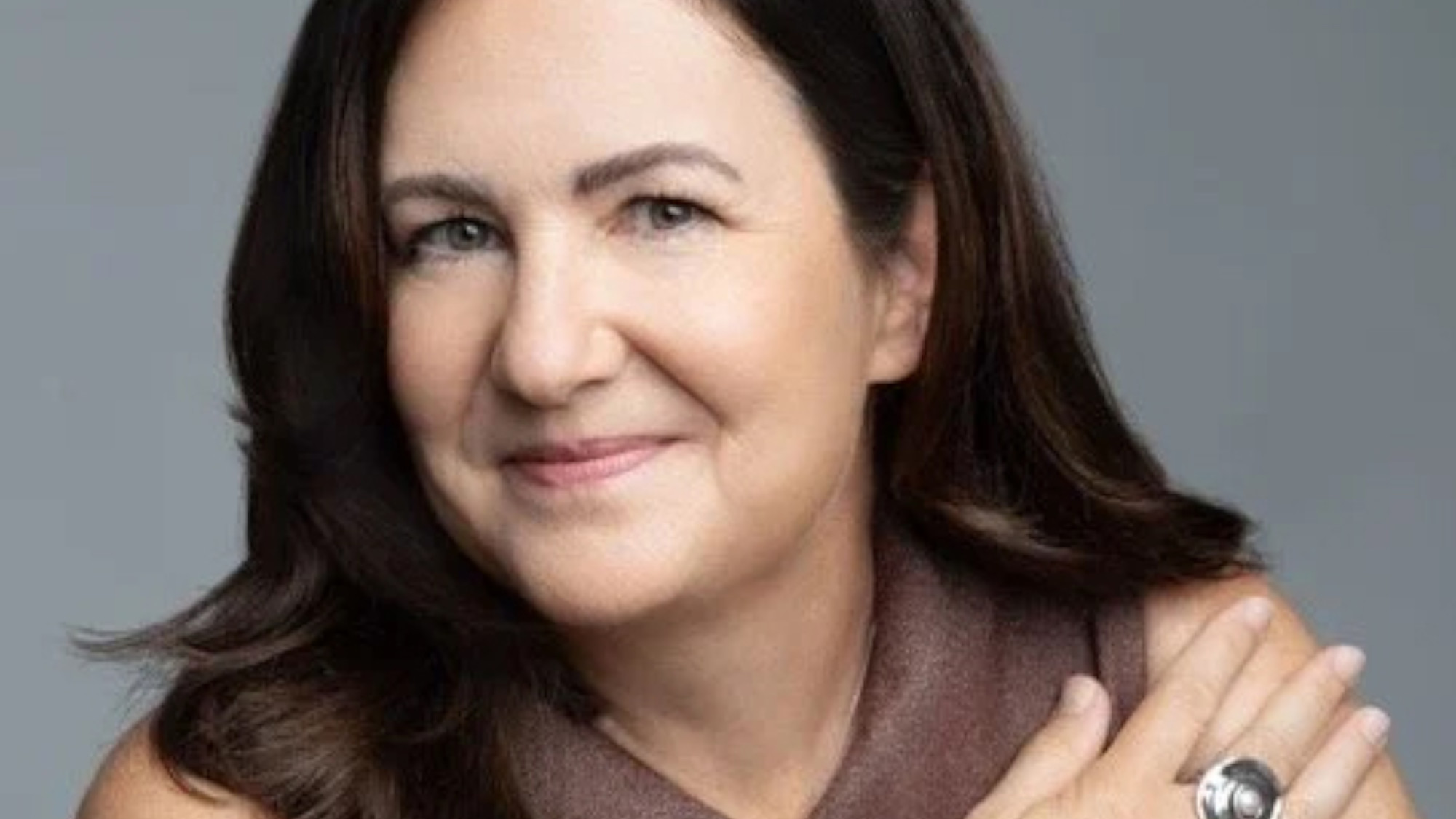 Jessica Francis Kane's 6 favorite books that prove less is more
Jessica Francis Kane's 6 favorite books that prove less is moreFeature The author recommends works by Penelope Fitzgerald, Marie-Helene Bertino, and more